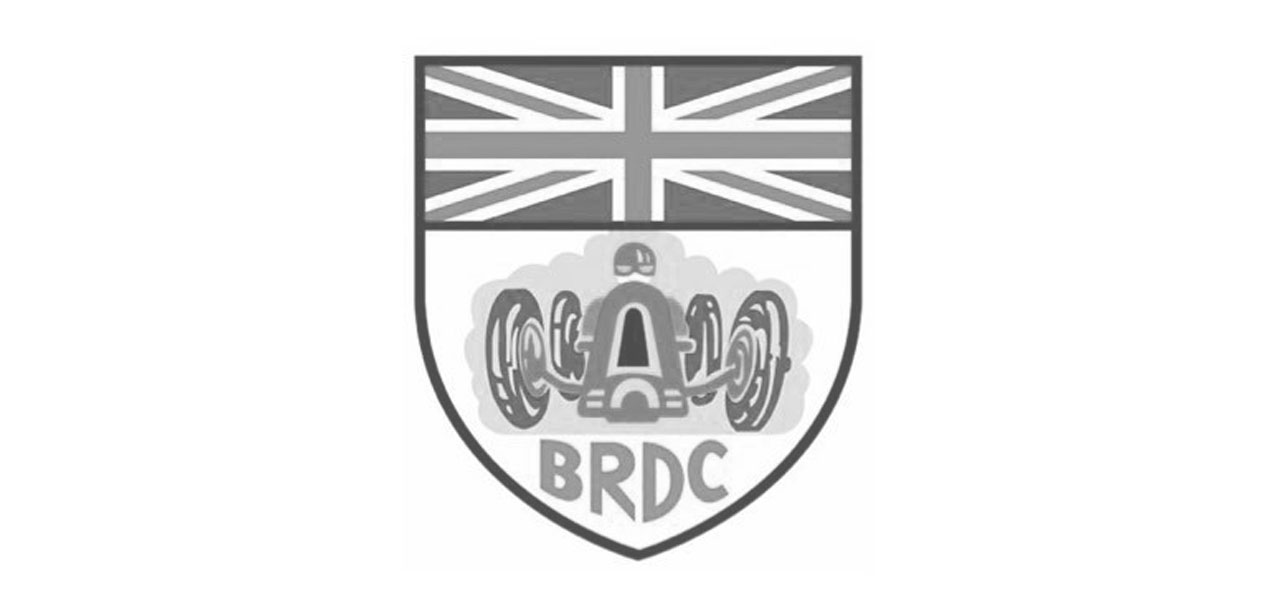THE IMPORTANCE OF FITNESS IN MOTORSPORT
Following an intensive eight-week training camp at Bath University, Jordan King shares his views on the importance of fitness in motorsport, in addition to his top hints and tips.
Date: 27 / 02 / 2017
Why is fitness so important as a driver?
There are no assisted brakes or power steering in the cars and you’re often dealing with heats of over 50 degrees centigrade. This makes it a very stressful environment, and with races over an hour long in GP2, you need the endurance equivalent to that of a professional runner doing a half marathon. So the higher your fitness level, the more you can concentrate on the actual driving, meaning you perform better.
What are the key aspects, in terms of fitness, required?
When racing you experience a large amount of G-force and it becomes difficult to hold your position, so for me neck strength and core stability are particularly important, together with endurance. However, you need to also work on cardio to keep your heart rate and stress levels down. Being at a high level physically also helps you recover quicker and keeps you healthier, so you don’t peak before the season is over.
What is the toughest physical challenge of being a driver?
I would say the toughest physical challenge is actually the travel. With continually changing time zones, staying in different places, and eating foods you may not be used to, it can take a toll on your body. This is exacerbated by the short amount of time we have to adjust. On a race weekend, we only fly out three days before compared to Olympic athletes, for example, who travel out to the competition weeks in advance.
This schedule also means it’s harder to train throughout the season, but you need to maintain the fitness levels to be able to race at your maximum right to the last race of the year.
That’s why training during the off-season is so important, to ensure you’re fully fit and injury free to travel around the world from race to race.
What is your normal fitness regime?
My fitness regime varies a lot. I try and get out running or on my bike in the countryside as much as possible, usually about 3-4 times a week, as well as heading to the gym. So I’m normally exercising 5 days a week with a mixture of aerobic and conditioning exercises.
How has the fitness camp supplemented this regime and what improvements have you seen?
During the camp, we particularly focused on developing my strength and aerobic profile and saw a large amount of improvement over a relatively short period of time.
Through a variation of exercises and disciplines such as Reaction time training, time under tension during an exercise and heart rate thresholds, we worked on increasing my strength while keeping my weight down, which is essential in a sport where every kilogram counts. As a result I’m down at 7% body fat and much stronger and fitter. With my aerobic profile we saw a 4% improvement across the board, which my trainers and I were very pleased with.
How do you keep track of your fitness?
I use other sports as a guide to see how fit I am, particularly in winter as I can’t get in the race car all year round to judge how my fitness levels are improving and changing. I tend to use cross-country in the winter and triathlons, alongside track and field, in the summer. Although I only compete in amateur events, they can be a good guide as I have a set target to aim for.
How does nutrition complement your fitness plan?
Over the past few weeks at the training camp at Bath University, nutrition has been one of the most important things. For someone that usually travels a lot, it has been great to be based in one place, eating both really well and a lot more – three to four sessions requires a fair amount of fuel!
When you’re being highly active, you do notice when you have a bad meal. It makes a difference in how you feel day-to-day, resulting in you not feeling as energetic as usual and ultimately affecting how hard you can train.
Sleep is also key, if you don’t get enough training to the same level becomes much more difficult as your body needs sleep to recover.
What are your top nutrition and exercise tips?
Nutrition:
- It’s vital that you always ensure you’re getting enough water. As soon as you do anything your body starts consuming it straight away, particularly with aerobic exercise. If you’re not drinking enough you quickly become dehydrated and your performance will start to drop off before you can actually realise it.
- Ensure you change your diet to be relevant to what exercise you’re doing. If you’re training for endurance, you need to be eating carbs, while weight training requires more protein.
- Ultimately it’s important to mix your diet up as much as possible as otherwise it can get very boring and be harder to stick to. When you’re working so hard, I also think it’s essential that you treat yourself, particularly in a training block. For example, I like to have a big steak when training but wouldn’t the night before a race as it’s too heavy.
Exercise:
- As much as possible, keep it fun and do exercise that you enjoy, otherwise you’ll just put it off and struggle to commit long term
- Set yourself achievable long- and short-term goals to work towards to help motivate you and keep you from losing track of how far you have come and what you have achieved.
- Ultimately you need to push yourself, try new things and do the essential activities and exercises that you know will help you improve even if you’re not as keen on them. For me that means exercises to improve flexibility and mobility, I find them tedious but I know it’s important to do this in addition to the cardio and strength exercises that I typically enjoy.
How would you compare the physical strain of driving to other sports that you compete in, such as triathlons?
The physical strains I feel when racing versus my triathlons are very different. When racing, the strain you’re under is very high and intense, but for very short periods of time – typically four to five seconds – before you get a bit of a rest down the straights. Your heart rate is very high, at around 150bpm on average peaking at 180bpm, but you’re not pushing yourself aerobically. It’s something that I would struggle to maintain over long periods of time.
With triathlons, the strain is more prolonged. It is still tough but in a different way as the pace is much more steady. During triathlons I’m generally at 80% all the time, where as in GP2 there are bursts of 100% followed by moments of 50%.








